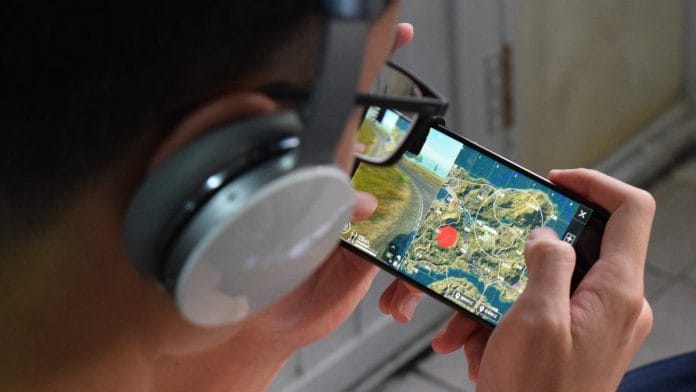Critics of e-sports may have to bite their tongue as gaming starts to fill the void left behind by coronavirus-hit sports events. One after another, major events like the Indian Premier League, English Premier League and now Tokyo Olympics 2020 are being postponed because of the Covid-19 pandemic. The first clue was probably in early March when the Premier League banned the long-standing ritual of ‘Fair Play Handshakes’.
Also Read: Why coronavirus will usher in a new era of movies, sports and TV shows
Boom in online gaming
E-sports has recently seen significant upticks in the world of gaming. Last week, one of India’s biggest e-sports platforms WinZo noted a 30 per cent spike in tier-1 traffic. The industry is seeing a positive trend in the number of downloads, number of users and the number of hours spent gaming. In China, lockdowns led to an 18.2 per cent spike in viewership over the last two months for games like Player Unknown’s Battlegrounds (PUBG) and League of Legends. And the spike in viewership is not limited to point and strike games, it’s for poker and chess too. It seems they are picking up the weight from financially-strapped contact sports that rely on live-event programming.
With many of these games popularly played in multiplayer mode, gaming is a sure shot way to overcome the qualms of social distancing during lockdowns.
Today, a bulk of news tells you how Covid-19 is depleting economies and sectors, especially the Indian economy which was already off on a bad foot. Therefore, it’s refreshing to read about one industry, apart from pharma that isn’t bleeding dry.
The market value of the e-sports industry in India itself is expected to touch $2 billion by the end of 2021 and the coronavirus pandemic may have just given it a head start.
Also Read: Planes are grounded, factories shut & cities on lockdown, yet data keeps flowing
Gaming is a sport too
Business aside, professional gaming is slowly overcoming the criticism that it is not a real sport. Common arguments are that e-sports is non-contact, played by nerds, requires lesser qualifications than contact sports and is an easier industry to enter as long as you have a good WiFi connection.
There is also hesitance to call gamers ‘athletes’ who ‘train.’ While this may be true in the conventional sense, it’s not as though gamers do not follow daily routines and structures to improve their gaming skillset with the exact same goal as athletic training — winning. Pro-gamers competing on a global level follow ‘gameplans’ and brainstorm strategies in the same vein too.
However, as The Week correspondent Matthew Walther puts it, “.. a sport involves not only skill and competition but physical exertion and at least the possibility of injury. Even darts and pool and ping pong are, in the broadest sense, sports. Sitting on a couch interacting with your television set is not..” If physical injury is the metric, perhaps Walther should look at the number of heart attacks and strokes endured by PUBG gamers.
Views are personal.






